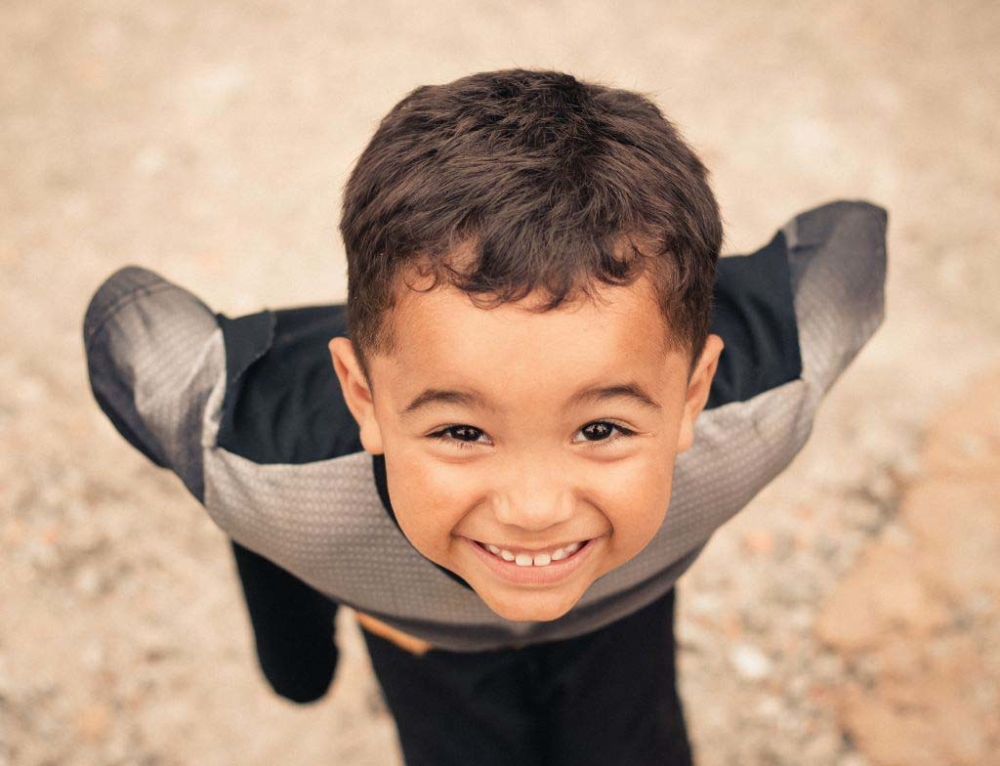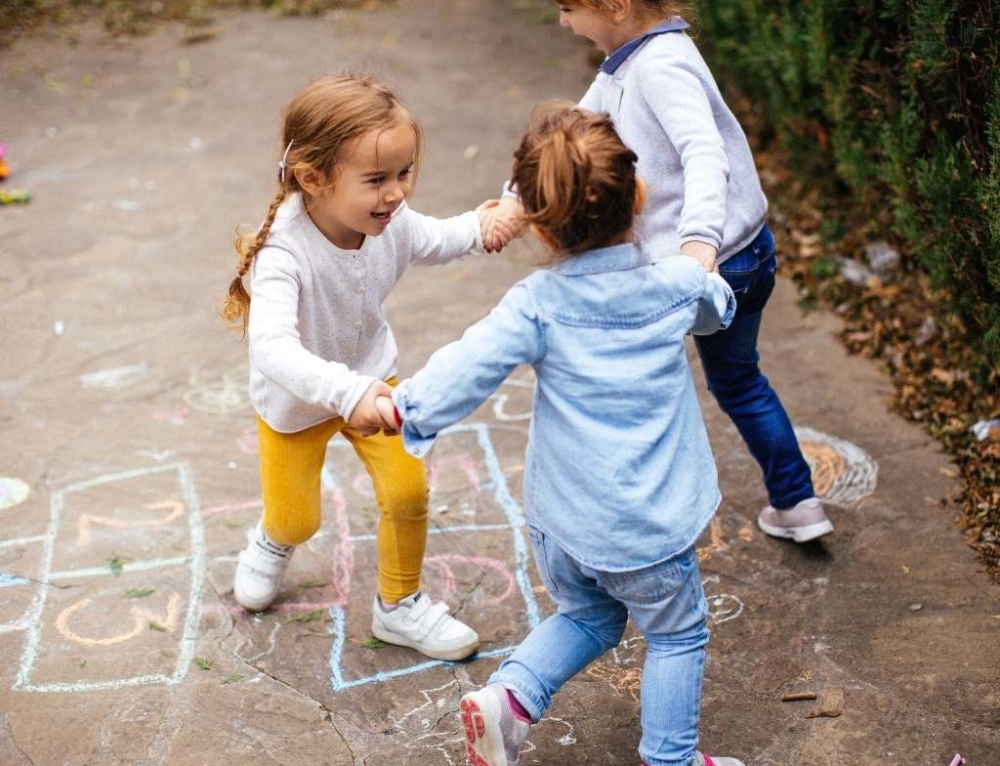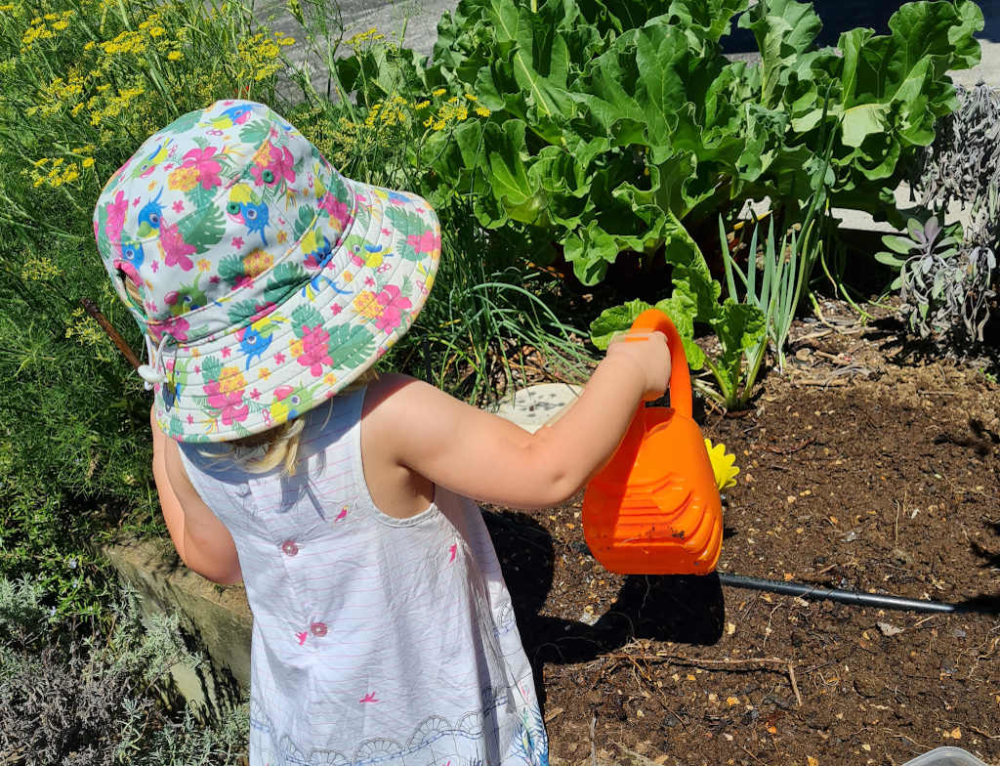Once your child has passed the baby stage and starts becoming an independent, busy toddler, it can be tempting to ditch routines and structure established when they were an infant.
However, research suggests that while there is a great deal of room for individual flexibility around toddler routines, toddlers cope better when they have defined structure in their day – helping to establish boundaries, good habits and making them feel comfortable and secure.
The benefits of routine for toddlers and preschoolers
Perhaps more than any other reason, routines provide a sense of certainty and security for children. This is important at all ages, but particularly in early childhood.
As a toddler, Jackson was never sure who would look after him each evening. After a long day at day-care, Jackson would be picked up by his mum and rushed home. As she raced out the door for work at her second job Jackson would ask who would be with him that night. At least four nights a week, Jackson would have someone different putting him to bed. Jackson became insecure about his environment. He cried whenever his mum left him. He struggle with bed wetting for many years. The lack of routine left him feeling uncertain about himself and his surrounds. Even in his early teens, Jackson still struggled with his sense of security, adjustment, structure and routines.
As a toddler, Chanel would come home from day-care to a mum and dad who had a relatively consistent routine. Chanel would have dinner with her family, have a warm bath and get into her pyjamas. Her dad would read her a story and her mum would sing her three songs (the same three every night!) before tucking her in and kissing her goodnight. Chanel took comfort from knowing she had a well-structured routine. The benefits of this routine continued even a teenager, Chanel was well-adjusted, organised, and effective.
Structured routines for toddlers
There are a number of other reasons that routines are helpful for your toddler’s development.
- Routines can help children understand time and time management.
- Routines can help children get used to having chores.
- Routines can establish important habits such as brushing teeth and hair.
- Routines can strengthen relationships by focusing on time together.
We may find that certain routines are almost universal, such as morning and bed-time routines. Others may suit specific circumstances or stages of life, such as your family’s Sunday morning routine, or preschool routine.
For families with toddlers and preschoolers, the following routines may be helpful:
- Structured morning preparations and routines
- Structured mealtime routines
- Structured bedtime routines
- Structured childcare routines
- Structured playdates (if your child knows that every Thursday after swimming lessons it’s a playdate with your mother’s group, Thursday morning can positively buzz!)
Toddler routines don’t have to be boring
The other great thing about routines for toddlers is that they don’t have to be constantly emphasising the mundane aspects of life. We can create exciting yet structured routines around things like:
- Saturday morning family time
- Friday night sports or DVD night
- Cheap Tuesday take-out night (or even make takeaway at home)
Routines can be useful for establishing boundaries and guidelines for toddlers, as well as teaching good habits, and improving efficiency. Plus they can help our children feel more comfortable and secure in knowing that there is certainty and predictability in their lives. While it can be nice, at times, to just go with the flow, a structured routine for busy, stressful, or important and even fun times can make family life smoother and more effective.
This article was written for Kidspot by Justin Coulson, Ph. D. Justin is a relationships and parenting expert, author and father of five children. Find him on Facebook, Twitter, and at happyfamilies.com.au.







Leave A Comment
You must be logged in to post a comment.